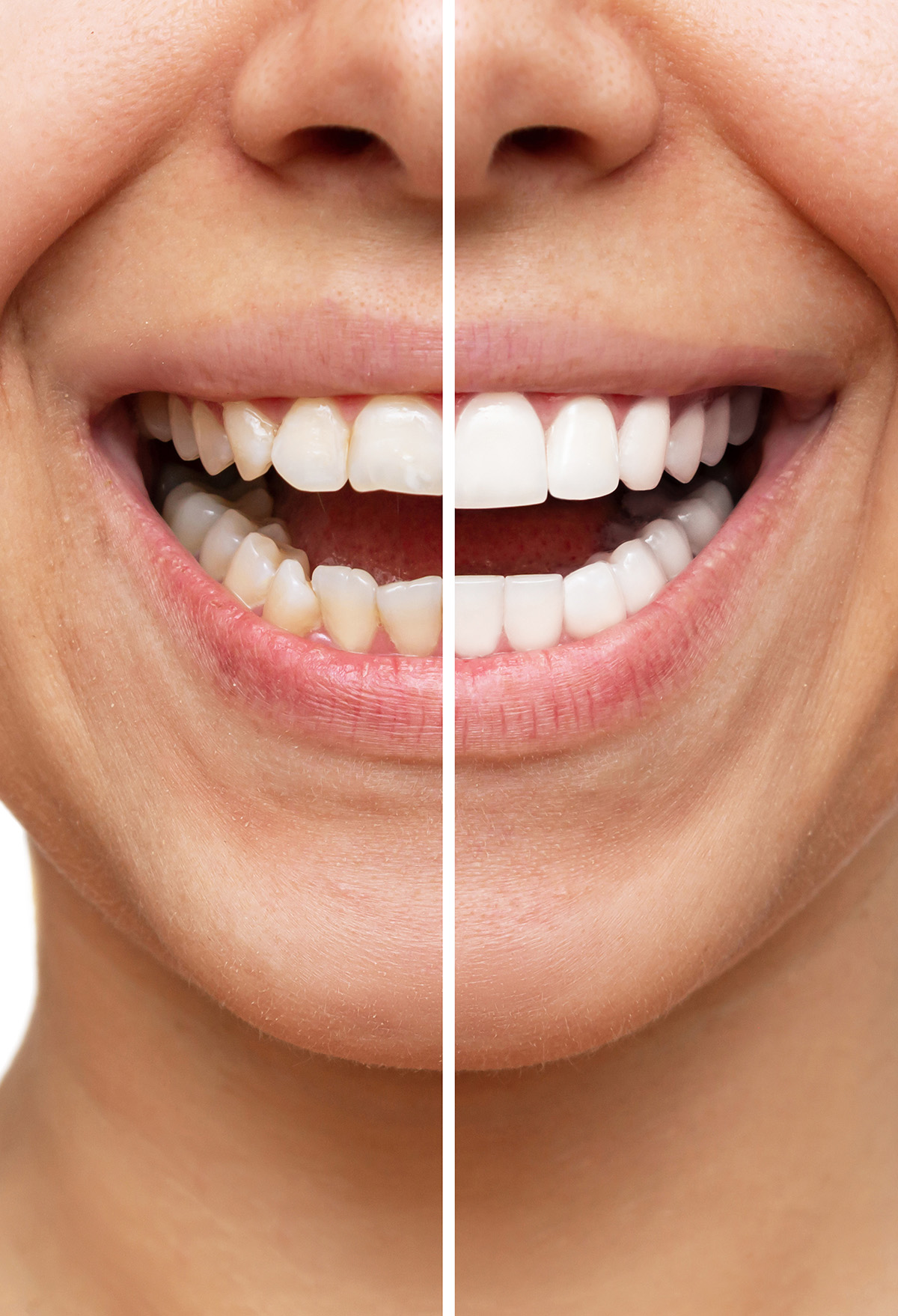Cosmetic Contouring Services at Bellevue Dentist: Reshape Your Perfect Smile
What is Cosmetic Contouring
Cosmetic contouring is a method to reshape the tooth. It is one of the major cosmetic treatments and the most economical. It is a quick and painless procedure that creates an illusion of straightness for aesthetic purposes. Also known as odontoplasty or enameloplasty, it involves removing a degree of enamel and then shaping, shortening, or lengthening the problem tooth. At the end, this procedure will be finalized by glazing and polishing the teeth to perfection to avoid dental cavities in future.
Factors that Make a Qualified Candidate for Cosmetic Contouring
Since cosmetic contouring involves a degree of enamel removal, the procedure requires healthy teeth and gums. Cosmetic contouring is also designed to correct minor dental flaws. The dentist may recommend other dental procedures if the person has major dental issues.
Minor dental issues cosmetic contouring can remedy are:
- Small chips or cracks in the teeth
- Extruded or bulging enamel
- Mild dental crowding where 2-3 incisors overlap
- Appearance of jagged teeth (also known as unfused mamelons)
- Mild discolorations
- Tooth that grows longer than standard-sized (supra eruption)
- Tooth that grows too short
- Excessive uniformity of maxillary incisors caused by teeth grinding.




Contraindications for Cosmetic Contouring
If the person has any of the following, they may not be qualified as a candidate for cosmetic contouring.
- Hypersensitive teeth: A person may experience teeth sensitivity after cosmetic contouring. If they have hypersensitive teeth, waiting until the tooth becomes or can be made less sensitive is better.
- If teeth have large pulp chambers: Pulp chambers contain blood vessels, nerves, and other tissue inside the teeth. A person may experience discomfort during cosmetic contouring.
- Thin enamel: Thin enamel is a risk in tooth contouring as the procedure may remove most of the enamel, exposing the darker yellow denting below.
- Heavily stained teeth: If teeth have heavy discolorations, other procedures, such as teeth whitening, may be more effective.
- Dental conditions such as tooth decay, unhealthy gums, and infected pulp.
What are the Pros of Tooth Contouring
For those who are ideal candidates for tooth reshaping, here are the following advantages that they can receive:
- Painless, commonly, it will not require anesthesia.
- Immediate recovery; you can eat and drink normally after.
- Teeth are easier to clean after correcting dental flaws, such as crowding.
- Less invasive cosmetic dental procedure
What are the Cons of Tooth Contouring
The cons of tooth contouring are the risks involved that may result after the procedure. Due to a thinner layer from the process, a person may experience the following:
- Temporary tooth sensitivity from hot or cold food and drinks
- Yellowing of teeth from a thinner layer of enamel exposing the dentin underneath.
- Increased risk of tooth decay. Good oral health maintenance is strongly encouraged.
- Possible recurrence of jagged teeth due to bruxism unless maintenance measures are taken, such as wearing a mouthguard at night.
What to Expect Before the Procedure
Before the procedure, talk to your dentist about your cosmetic dental goals. If you’re a candidate for tooth contouring, your dentist will then plan the process with any of the methods below:
- Cosmetic Imaging: Your dentist will use computer imaging (AKA. digital smile design) to show how cosmetic contouring can improve your teeth and how much alteration will be needed.
- Impression Casts: An impression or digital scan of both arches of your teeth will be taken for a “before” and “after.” Your dentist will use the impression/scan to explain your tooth structure and plan in contouring.
- Teeth X-ray: X-rays may be taken to evaluate the enamel’s thickness and the pulp’s size and shape.
What to Expect During the Procedure
Since the part of the teeth to be contoured doesn’t have any nerves, the procedure will be painless. But for your comfort, you can request an anesthetic.
Here are the tools that your dentist may use:
- Traditional drills and specialized lasers: for jagged, extruding, or elongated teeth.
- Strips: With sandpaper texture, strips are used to file the sides of the teeth.
- Dental bonding with tooth-colored resin: This putty-like substance fills out chips, cracks, and too-short teeth before the dentist hardens the resin with a special light.
After your tooth or teeth are reshaped, your dentist will perform tooth polishing to smooth over the tooth surface and remove discolorations.
Recovery and Care
It is expected to experience a minor tooth sensitivity for a day after tooth reshaping. Going forward, maintain the basics of dental hygiene to mitigate the risks mentioned above.
For those who received dental bonding, avoid hard foods. They will also need to avoid food and drinks that stain the teeth. By avoiding these foods and beverages, they can maintain the dental bonding’s hardness and color.


Achieve Your Dream Smile with Expert Cosmetic Contouring at Bellevue Dentist
Tooth reshaping is a procedure for minor dental flaws. It is a budget-friendly and painless process for filling out, lengthening, and shortening flawed teeth.
At Bellevue Dentist, our expert dentists, Dr. Siamak Najafi and Dr. Don Jayne, bring a world of experience with tooth contouring. With patient-centric care and the latest techniques, let us help you achieve your dental goals. We are here to ensure your experience is comfortable and convenient. Book an appointment with our office today to start crafting your perfect smile.
Frequently Asked Questions
Q: Is It Painful to Contour Your Teeth?
A: No. The parts of the teeth that will be treated have no nerves. However, you can request anesthesia before the procedure to be more comfortable.
Q: Is Tooth Reshaping Expensive?
A: The average cost of tooth contouring is $50 to $30 per tooth. Your insurance may partially cover the cost if the dental flaw is caused by an accident or trauma.
Q: Is Tooth Contouring Permanent?
A: Because the procedure involves teeth being filed down, tooth contouring is permanent. Your dentist will discuss your dental goals to determine if you’ll be a candidate for tooth contouring.
